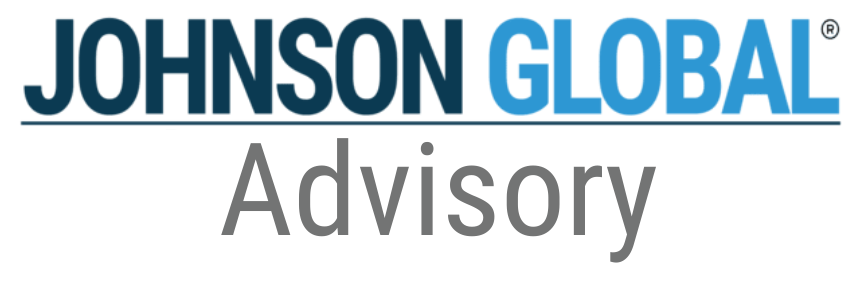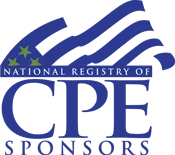HFCAA: What Firms Should Do Now, and the Effects on China and Hong Kong
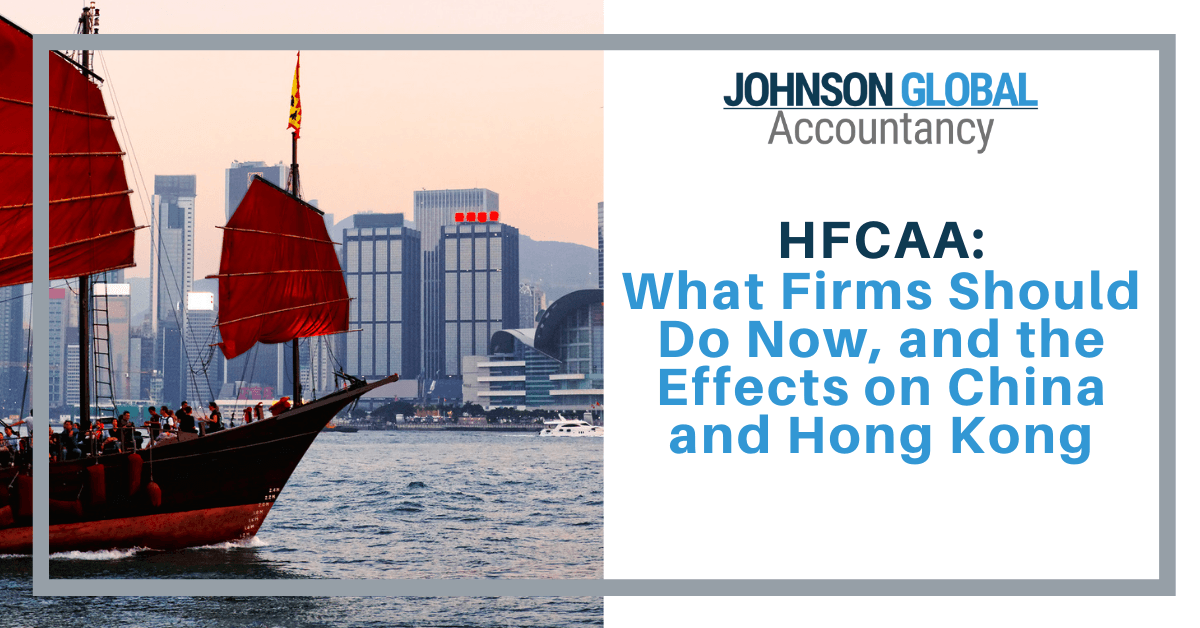
We have seen over the years indications that there is more work to be done to improve audit quality in China and Hong Kong. Whether it be through failed IPOs, restatements, or audit enforcement cases that came down from the SEC or local regulators, clearly we know that the quality of financial reporting can improve.
The problem is, what about what we don’t know? What about the potential that investors, and the global markets lack important information about the public company? Or worse, what about the potential that investors have materially inaccurate information about the company?
What we don’t have is full insight into how audit quality and audit compliance contributes to these financial reporting risks in China and Hong Kong. To put the risk into context, the PCAOB indicated that, as of March 31, 2021, there are 213 Chinese and Hong Kong companies listed on U.S. exchanges with a market cap of approximately $2.1 trillion.
PCAOB has been inspecting non-U.S. firms since 2005. When they were prevented from inspecting a foreign firm, those firms often cited legal conflicts of interests of sovereignty-based from local governments. In the case of Hong Kong and China, in particular, firms asserted state secrets as reasons they were unable to produce workpapers.
During my tenure at a large international accounting firm in Hong Kong, I was stuck in the crosshairs navigating workpaper requests when conflicts in laws prevented a consistent protocol within the accounting firm’s international network. Subsequently, during my time at the PCAOB, it was personally frustrating that, while inspectors had unfettered access to conduct inspections in many countries, China was one of the few we couldn’t inspect. At the same time, globalization and the exportation of production to China seemed to require more insight on how auditors were reacting to these changes. This regulatory impasse has been an issue for quite some time. And I noted in my interview with Bloomberg in December that internal practice monitoring programs alone don’t reach the level of objectivity, rigor, and investor-minded insight to risks that external inspections provide.
Holding Foreign Companies Accountable Act
One real solution toward this lack of access is the Holding Foreign Companies Accountable Act (“HFCAA”). Signed into law in December, 2020, these rules will apply to all companies reporting on forms 20-F, 40-F, and 10-K, and N-CSR. It requires certain disclosures of companies that are audited by a firm that the PCAOB has been unable to inspect. More importantly, HFCAA requires the SEC to delist foreign companies that are audited by a firm in a jurisdiction where access to conduct inspections is denied for three years in a row. Without a transition to a PCAOB-approved jurisdiction/firm, trading of those shares on US exchanges (including OTC) would be halted. Trading can resume once the company retains a firm that PCAOB is able to inspect (for example, a US-based auditor). Further, if the issuer switches back to an auditor in an unacceptable jurisdiction, shares will be halted and will be subject to a 5-year prohibition on trading in US markets. This rule will have a disproportionately direct effect on companies that engage auditors based in China or Hong Kong.
This is the SEC’s latest attempt to address, with real consequences, the PCAOB’s inability to inspect auditors whose public company clients are listed on U.S. Stock Exchanges. While this information is readily available on the PCAOB’s website with a little digging, this shows the SEC and PCAOB’s growing impatience and strong stance to take action. China and Hong Kong have been on the PCAOB’s public list since the list’s creation. Now they stand alone as other jurisdictions have to provide adequate changes to access to move off the list.
The SEC has stated it expects public companies to begin complying with HFCAA in 2023. However, the SEC will not begin counting what they term as “non-inspection years” until the PCAOB finalizes its determination process. The PCAOB process, as of the date of this article, is still a “Proposed Rule” and the comment period closed in July, 2021. Given the Board is currently short two members, with the remaining three members told they will soon be replaced, I expect this reporting won’t occur until at least for 2022 calendar year-end reports. That gives companies and their auditors until at least 2026 before we start to see delistings occur.
What Should Firms Do Now?
I offer these solutions to address these big regulatory changes and minimize the disruption to the quality of the audits of your affected clients:
- Consider internally the potential avenues to transition the principal auditor role or substantial role to an “approved” auditor.
- Chinese or Hong Kong members of a global network firm should develop a strategic approach with the global network alliance of firms, specifically U.S. firms and other firms in the network that (i) are subject to PCAOB inspection; (ii) have the requisite audit, accounting and US regulation expertise; and (iii) may want to transition to a principal auditor role. This may require a shift in resources and personnel that will take significant time to implement.
- If you are a Chinese or Hong Kong member of an alliance, more work will be necessary for a strategic plan, including identifying candidate firms within the alliance, but also identifying other unique challenges, such as how different methodology, audit technology and tools may affect audit performance and the client service experience. Potential solutions might include looking for firms outside the alliance, or other firms joining the alliance to prepare for this shift.
- Perform mock or actual joint audits with the potential successor firm to identify differences in approach, potential gaps in systems of quality management, and how this could affect client service and audit quality. Address these gaps over the 3-year period so there are no surprises in the year of transition.
- Consider changes to local firm and global client acceptance and continuance policies and procedures.
- Improve internal audit quality oversight among the firms, through internal inspection, gatekeeping pre-issuance reviews, and consideration of how regulatory reports from one country can be applicable or a potential opportunity for non-inspected firms to improve audit quality. While each entity within a network or affiliation is a separate legal entity, information sharing of regulator reports helps others in the network improve and prevent deficiencies in other firms not yet subject to PCAOB inspections.
All firms that are directly or indirectly affected by this should discuss with their client now how HFCAA may affect company disclosures, and how it may affect the audit, audit participants, and the principal auditor assignment. Having candid, transparent discussions now will help maintain the relationship and ensure a smooth transition should any transition be necessary.
Enforcement of HFCAA is expected to be some time out in the future and requirements could change. We have yet to see how this will be enforced and what the effect will be to the U.S. and other markets, but we have no doubt the effects of this will result in increased transparency.
Jackson Johnson, CPA is president of Johnson Global Accountancy, a public accounting and consulting firm with clients throughout the world. He works directly with PCAOB-registered accounting firms and other firms to help them identify, develop, and implement opportunities to improve audit quality.. He also works with public and private companies on various technical accounting and transactional matters. His experience includes nearly six years with the PCAOB, where he worked with small and medium-sized accounting firms throughout the world, including foreign affiliates of large international accounting firms, in the areas of firm quality control and ICFR audits of financial statements. Prior to the PCAOB, Johnson worked with public and private clients in a variety of industries at Grant Thornton LLP in Boston, Los Angeles, and Hong Kong.
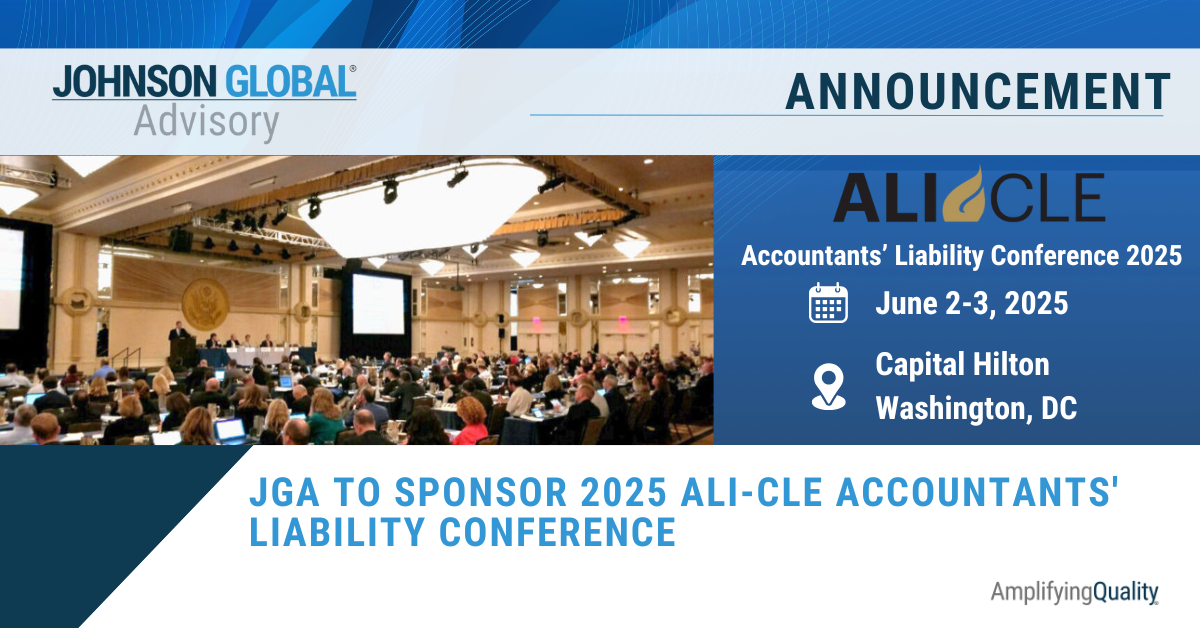


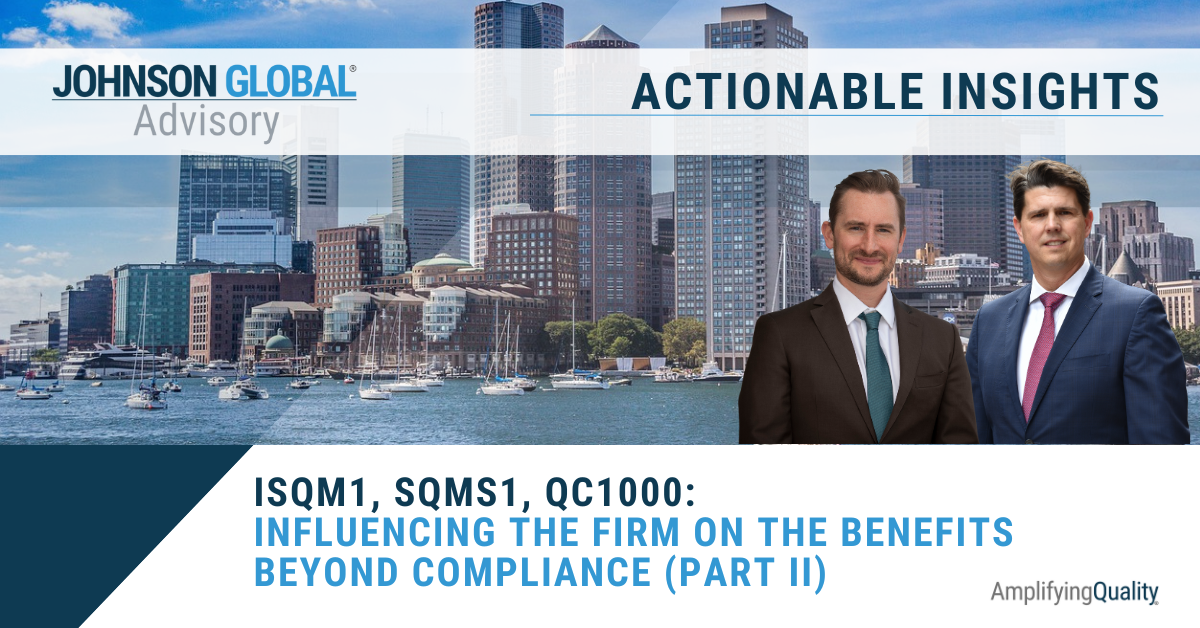
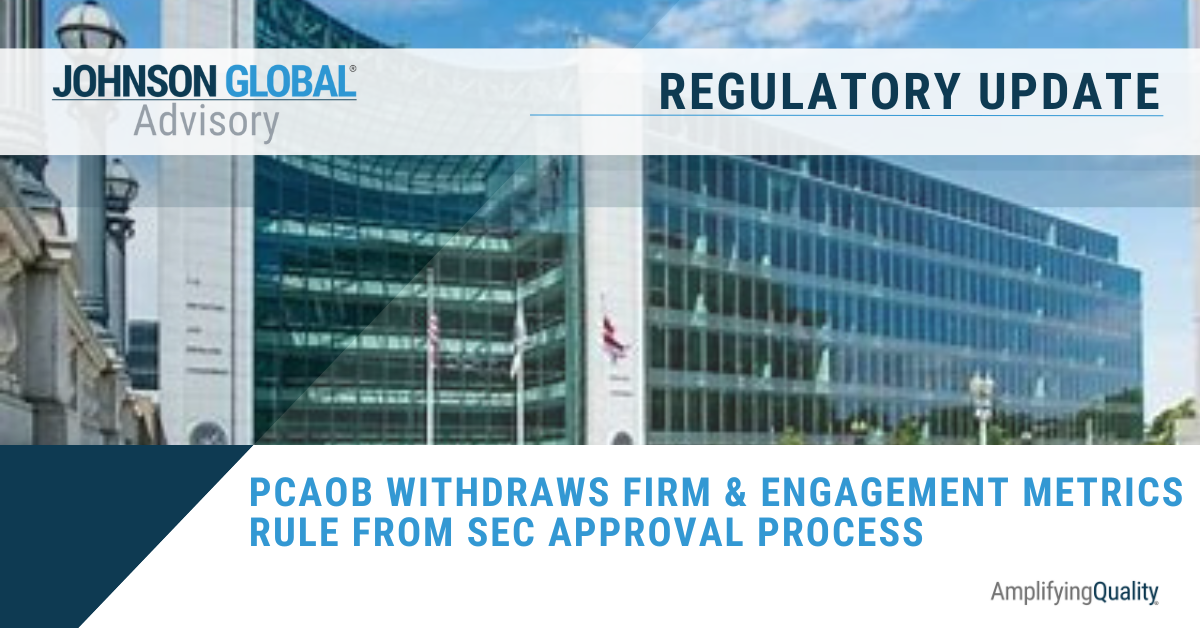
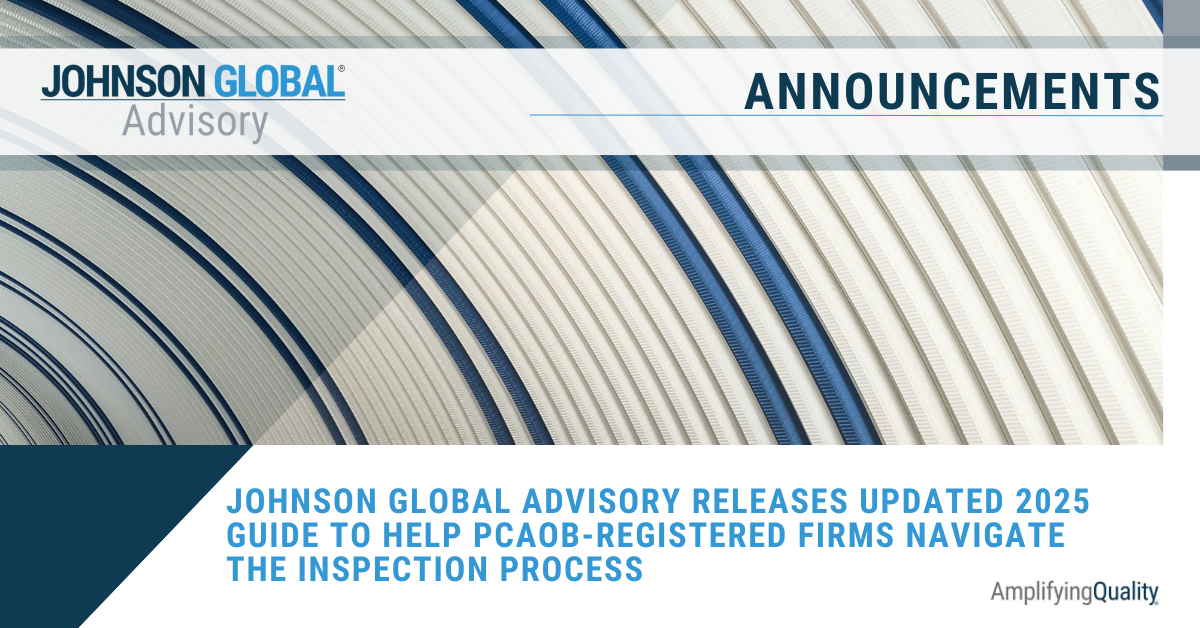

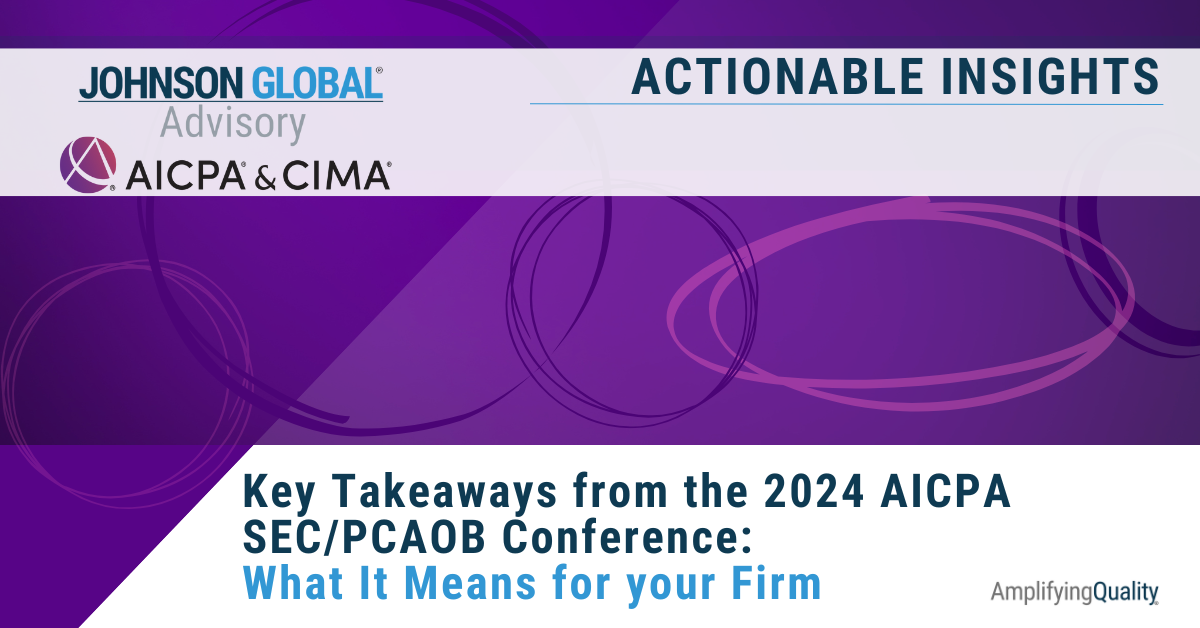
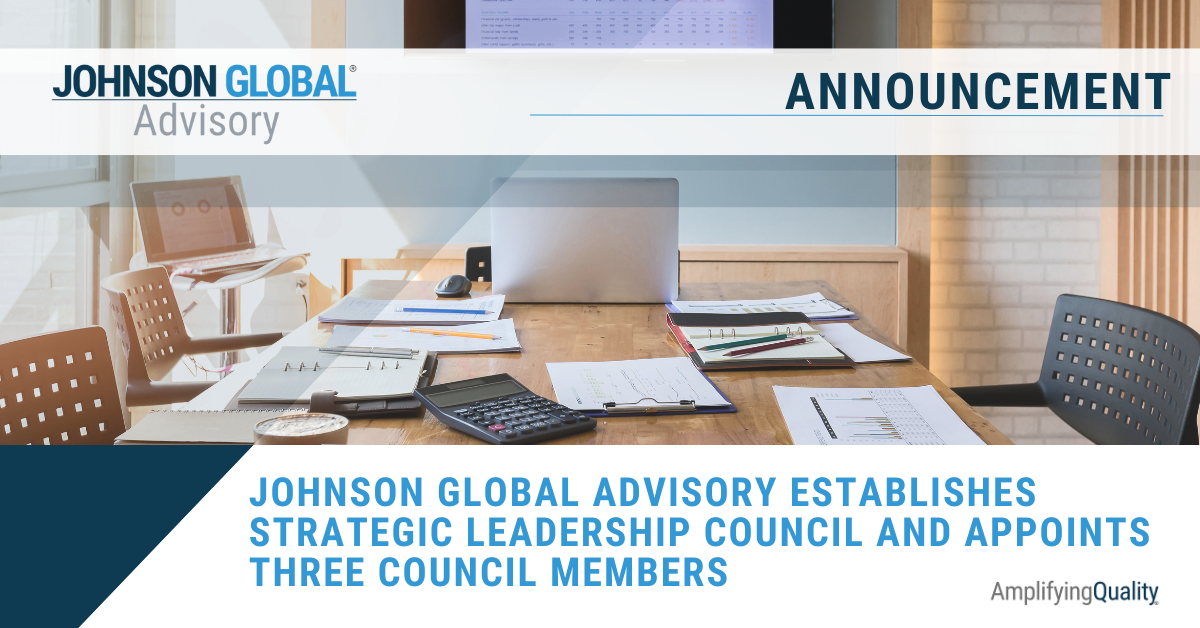

Johnson Global Advisory
1717 K Street NW, Suite 902
Washington, D.C. 20006
USA
+1 (702) 848-7084
